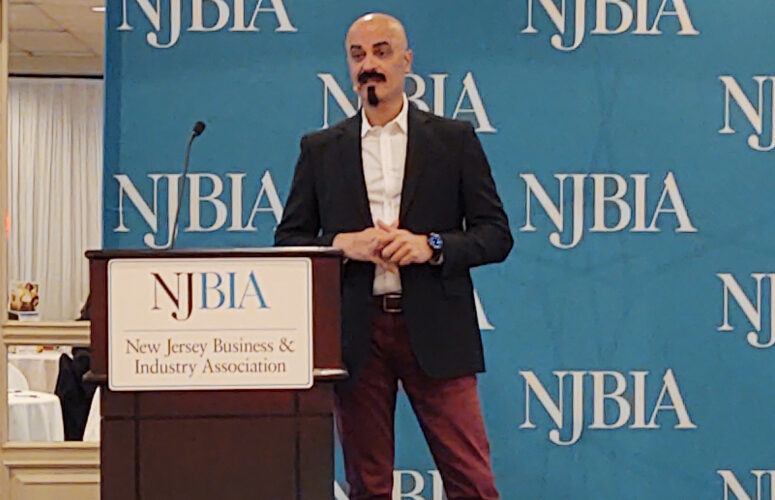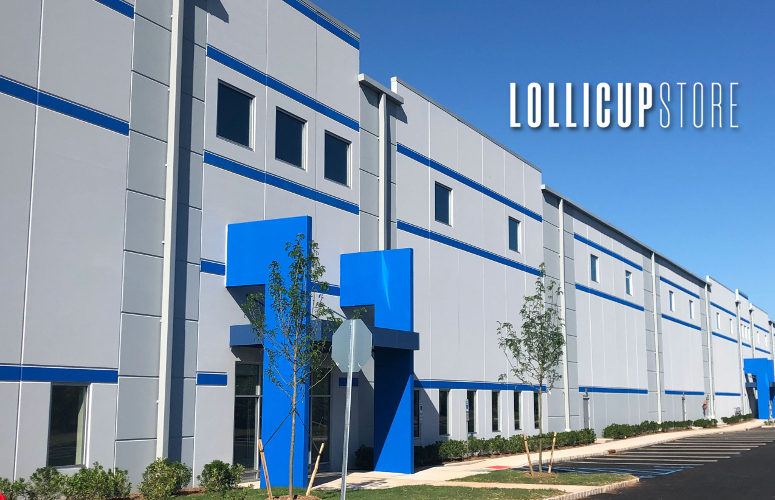
Maintaining Culture in Remote Settings Is a Mixed Bag
By Anthony Birritteri, Editor-in-Chief On Mar 13, 2023For Rashaad Bajwa, CEO of Integris, the Cranbury-based IT company with more than 600 employees in 22 offices across 11 states, managing culture and the overall workforce in the “new world of remote work” continues to be a challenge in the wake of COVID-19.
Giving a Ted-style talk at last Friday’s Insights & Outlooks event, hosted by the New Jersey Business & Industry Association and held at the Pines Manor in Edison, Bajwa said he thought that all of his employees would want to go back to the office full-time after the pandemic. “We presumed that everyone was just yearning for the days of the past; that our culture was better when we were all in the office,” he said.
However, upon surveying his staff on what type of work situation they wanted, he said the results were mixed. Company managers reported that culture was taking a beating. Other staff members, however, enjoyed the flexibility of remote work and saw that as a boon to the company culture.
“When I say culture, I’m thinking of … how we get along with each other; how we collaborate,” Bajwa said. “That is not how [employees] define culture. Their definition of culture is their [individual] happiness at Integris.”
It is happiness based on flexibility, and Bajwa explained that employees must be given flexibility options or they will move on because that is just the [nature of the] competitive workforce environment right now.
However, he said that managing people was easier when you had them in a room. “Or maybe it felt like it was easier. Maybe we just didn’t notice the [lack of productivity] … because things have changed from keeping someone accountable by them just showing up to keeping one accountable [in a remote setting] by viewing the results.”
He said the latter requires one to be a better manager by measuring metrics, KPIs and keeping track of all of that with technology. “Just by looking at those numbers, I can tell you who is mentally ‘at the beach’ and who is super productive [in a remote setting],” Bajwa said.
He explained that remote work worked well during the pandemic because everyone did it. Now, working in a hybrid mode is “horrible,” Bajwa said. “It’s not as good as everyone being in person, and its not as good as everyone being remote. So, we are in limbo; trying to maintain the world we had in the past because [we’re trying to maintain] some version of our culture.”
While Integris, like many other companies, is trying to figure this all out, it is costing the company $5 million a year on office space that is empty 95% of the time. “It’s complicated [deciding] what to do about it. If you get rid of these offices … what will it do to our culture?” he said.
To access more business news, visit NJB News Now.
Related Articles:





